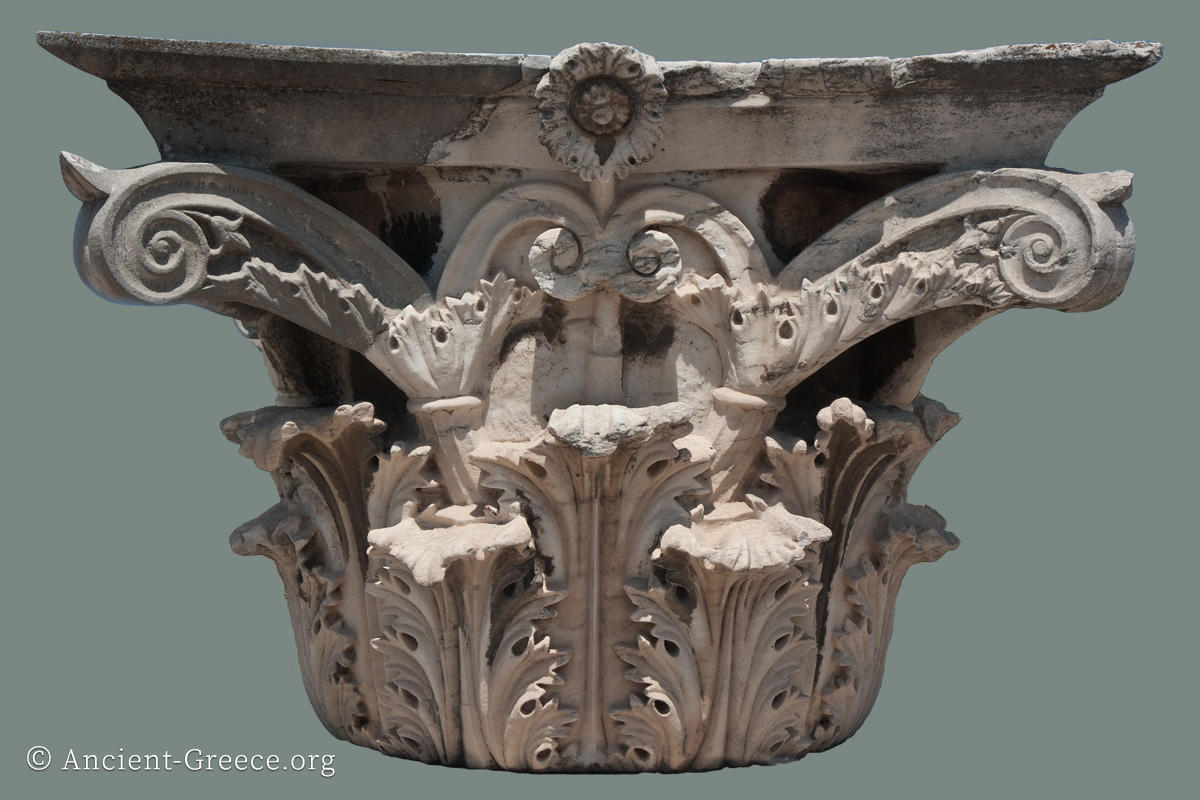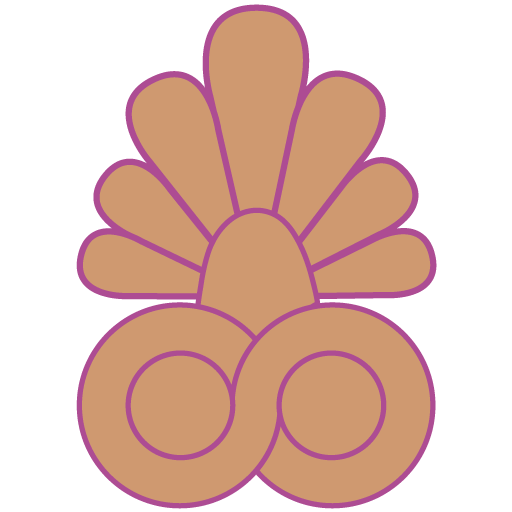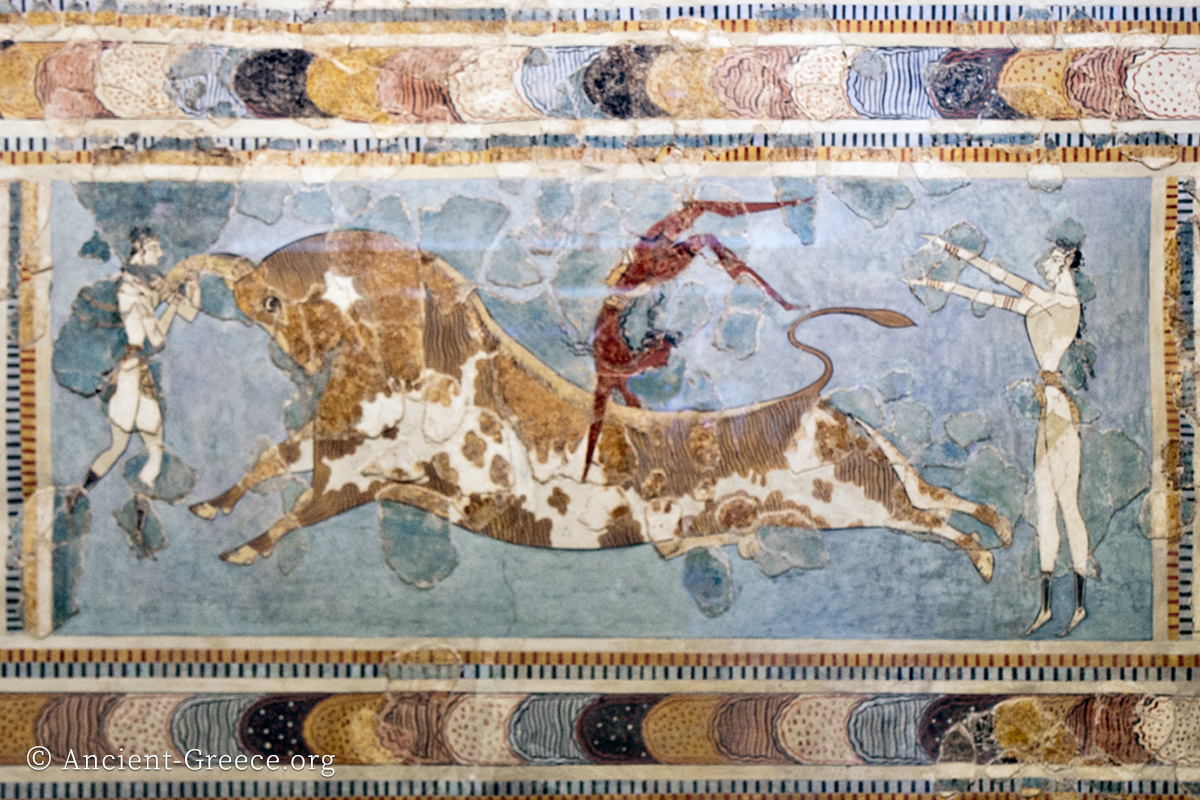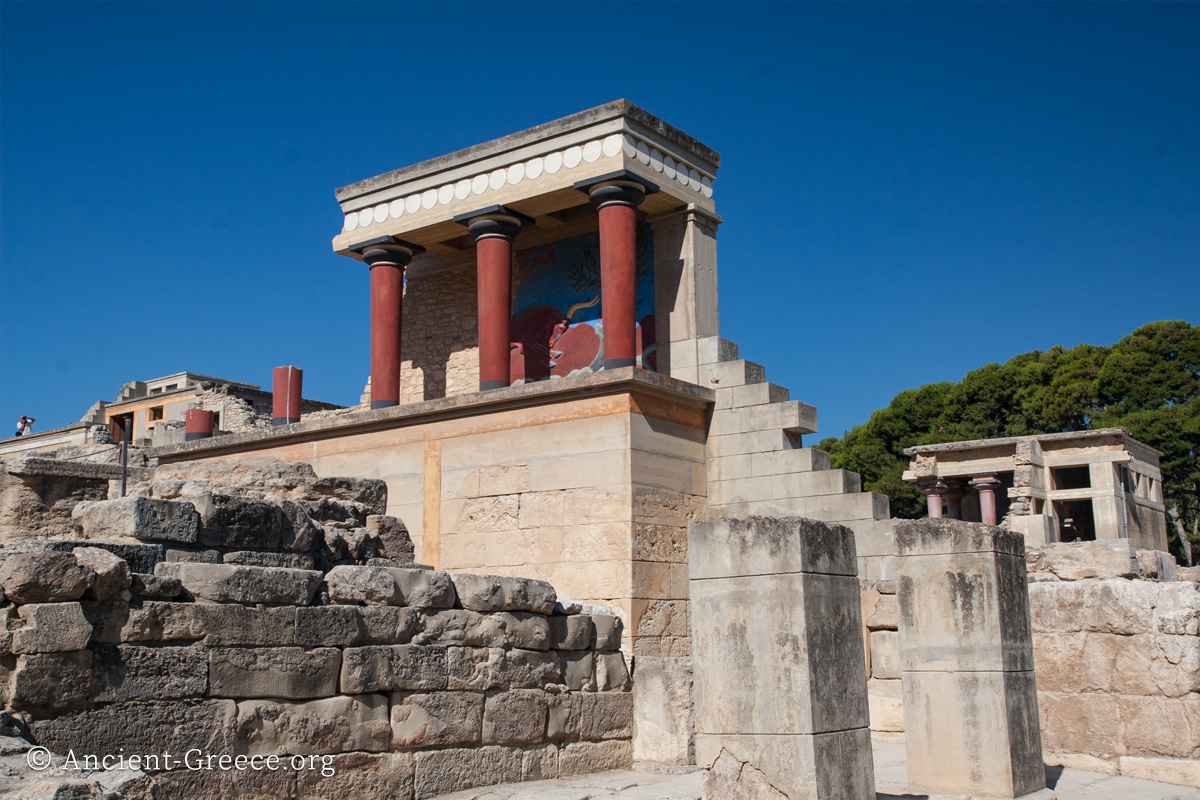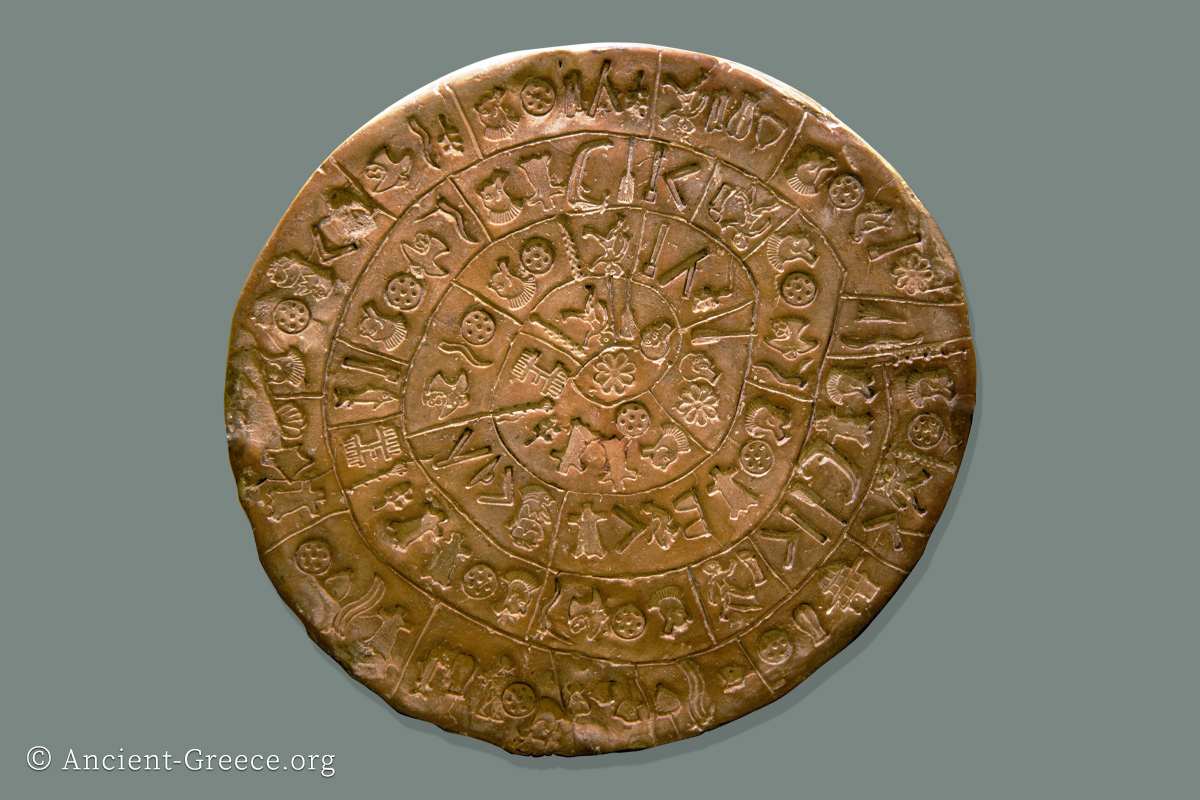Crete
-
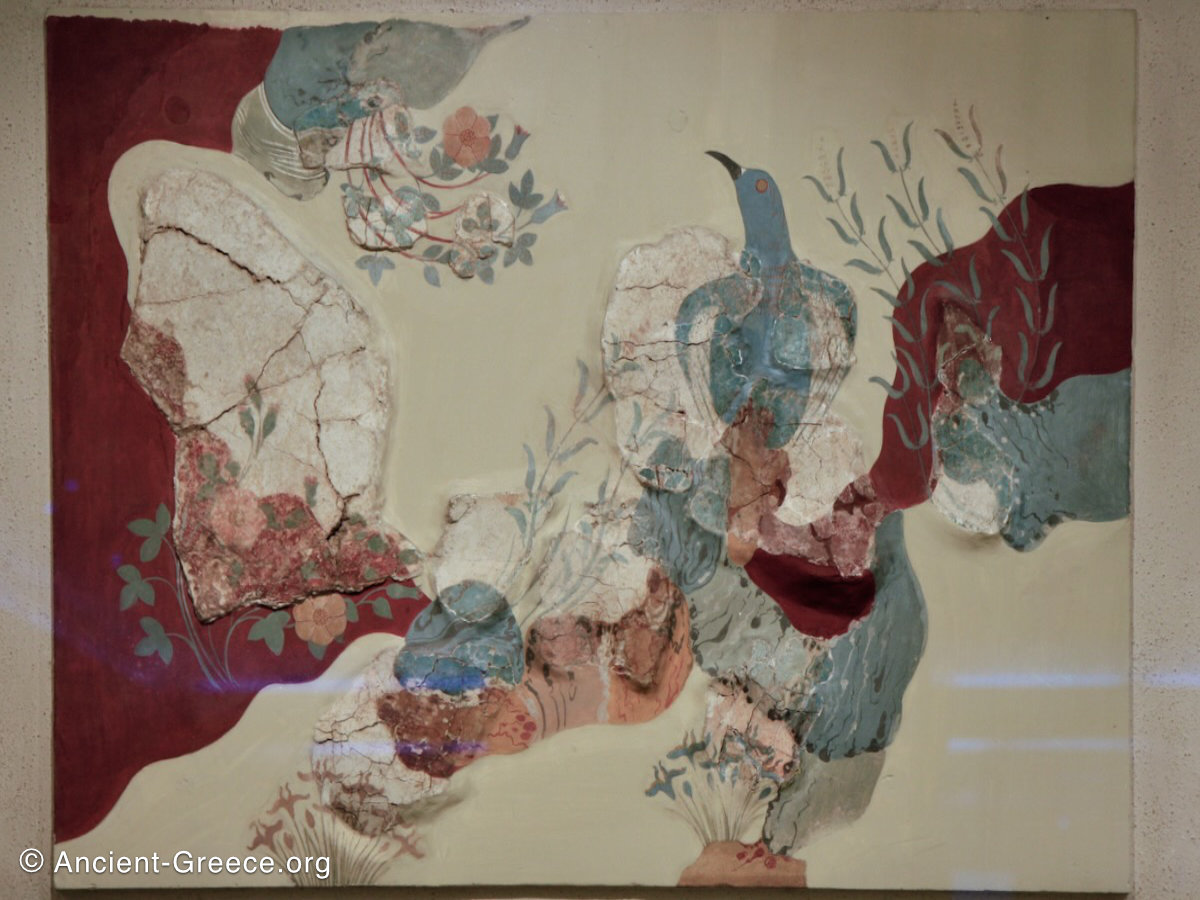
Minoan Art
Read more: Minoan ArtWhat has survived to our day from Minoan art provides insight into the culture that flourished in Crete during the Aegean Bronze Age. The art of the Minoans speak of a society of joyous disposition, in touch with…
-
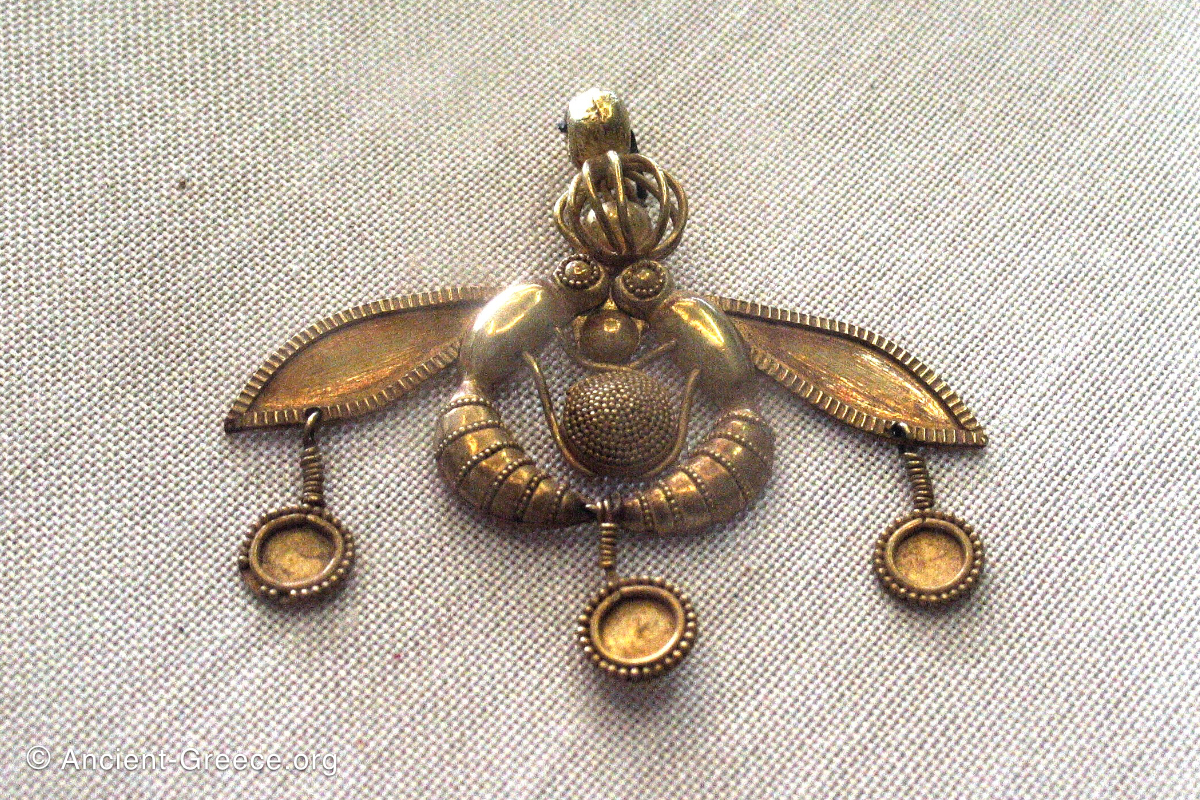
Heraklion Archaeological Museum
Read more: Heraklion Archaeological MuseumOne of the most important museums of Greece, the Heraklion Archaeological Museum (Αρχαιολογικό Μουσείο Ηρακλείου) displays artifacts from the numerous archaeological sites of Crete. The exhibitions span several millennia, beginning with finds from paleolithic Crete, and ending in…
-
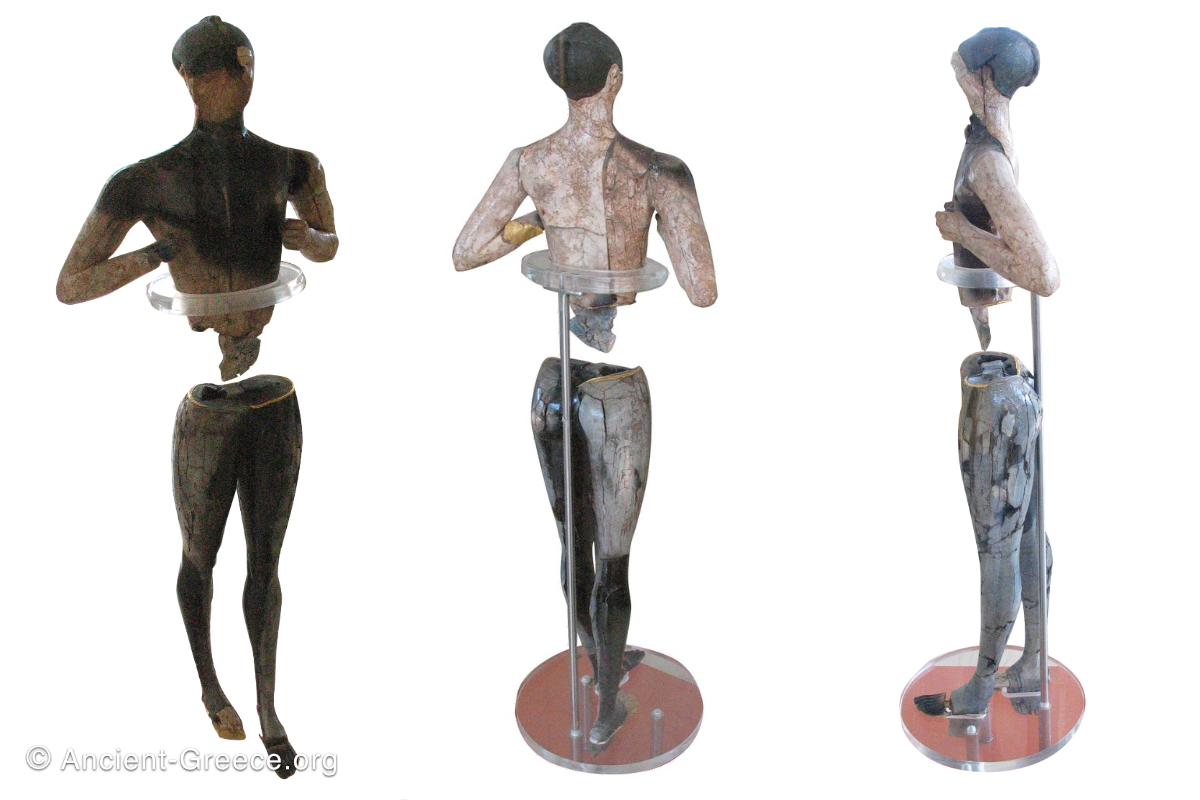
Sitia Archaeological Museum
Read more: Sitia Archaeological MuseumThe Archaeological Museum of Sitia (Σητεία, Siteia) houses a large number of Paleolithic, Minoan, Classical, Hellenistic, and Roman artifacts from excavations in Lasithi, Eastern Crete. Generally, the most important ancient finds from Crete are exhibited at the Heraklion…
-
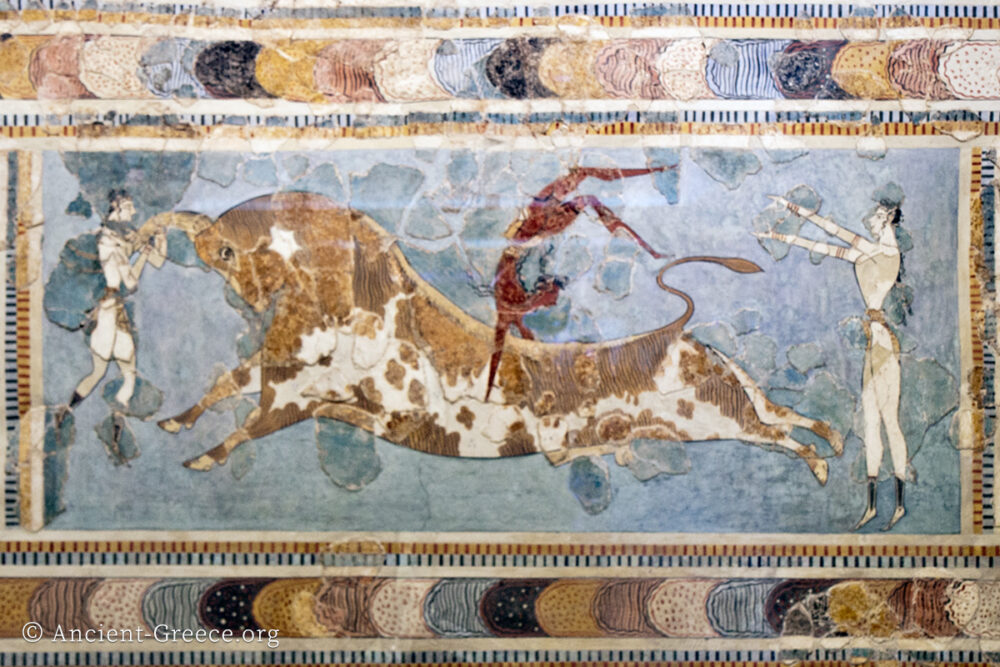
Crete: Minoan Archaeological Sites
Read more: Crete: Minoan Archaeological SitesCrete (Κρήτη), home of the ancient Minoan civilization, is the largest Greek island in the center of the busy eastern Mediterranean sea lanes. The island’s rich historical heritage spans more than nine millennia, with its fertile, secure, and…
-
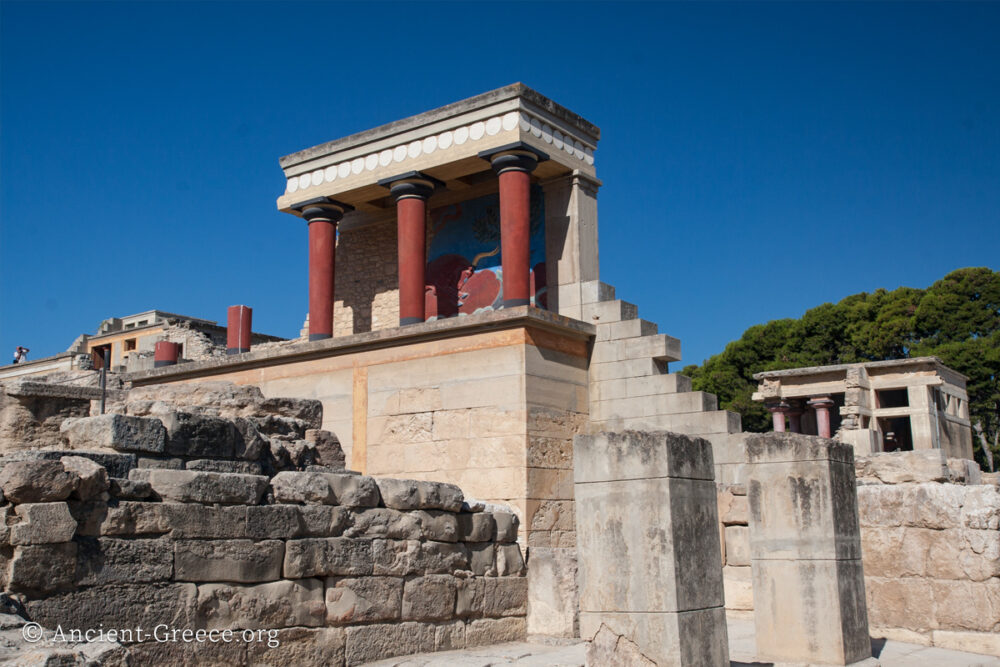
Knossos
Read more: KnossosKnossos (Κνωσσός, also transliterated as Cnossos, Knossus, Cnossus, Gnossus, Gnossos) palace was undeniably the most important center of Minoan Crete. It is grander, more complex, and more flamboyant than any of the other palaces known to us, and it…
-
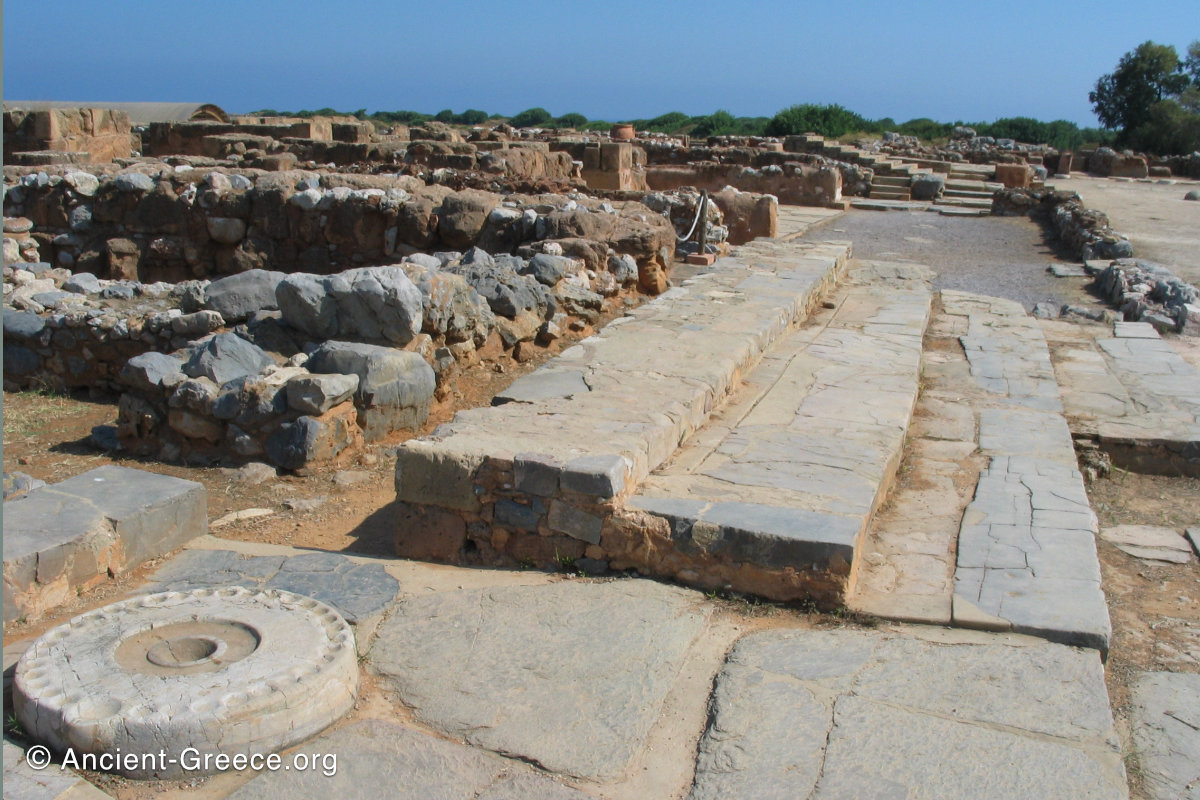
Malia
Read more: MaliaThe Minoan palace at Malia (Μάλια) is the third largest palace of Minoan Crete after Knossos and Phaistos. The palace’s proximity to the sea was obviously important in the development of the site into a cultural hub for…
-
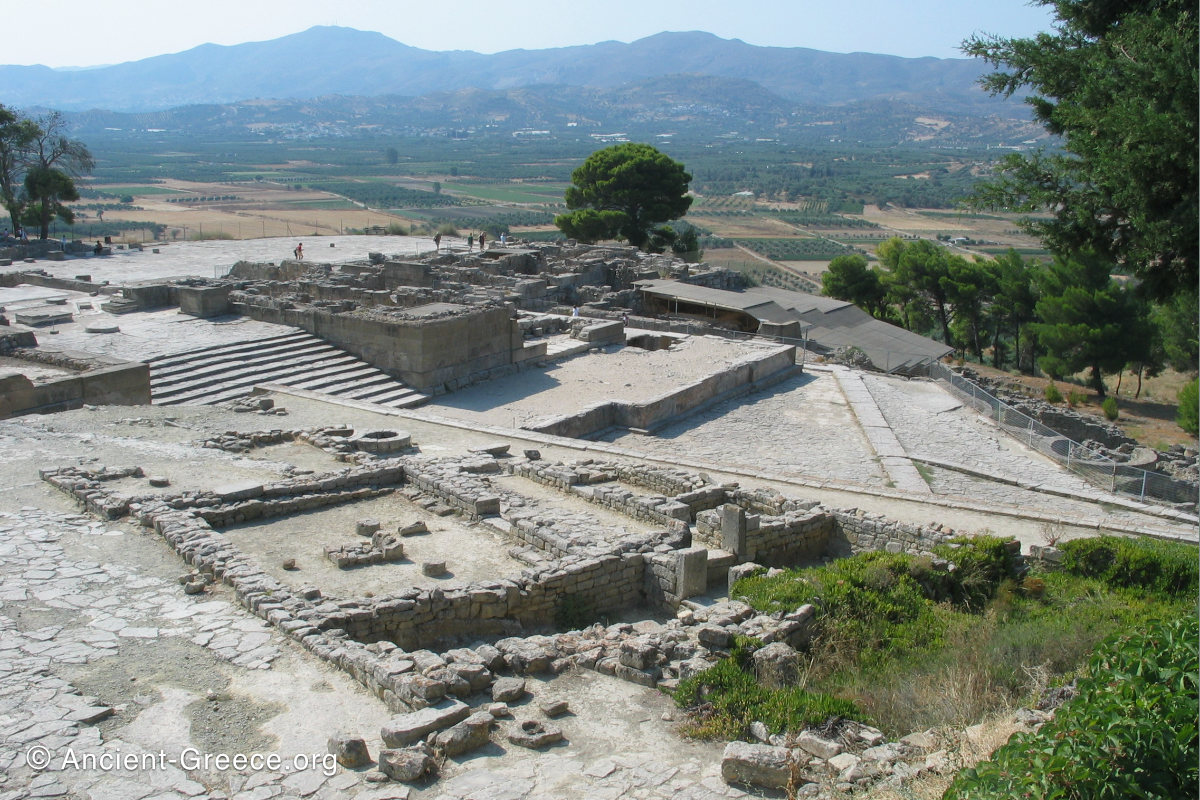
Phaistos
Read more: PhaistosPhaistos (Φαιστός, also transliterated as Faestos, Phaestos, Faistos) is the second largest Minoan palace of Crete after Knossos. The Bronze Age palace is located on a low hill in the Messara plain south of Heraklion. The site was…
-
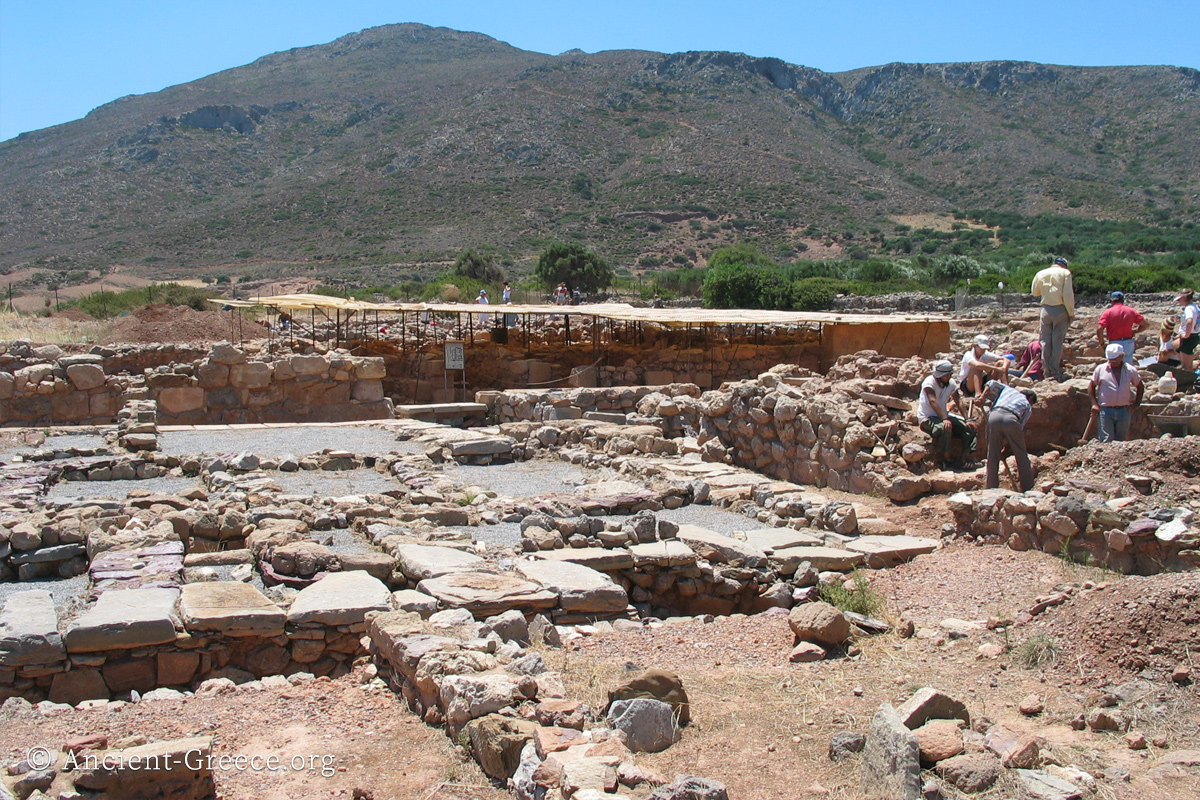
Palaikastro Minoan Settlement at Rousolakos
Read more: Palaikastro Minoan Settlement at RousolakosΠαλαίκαστρο (Palaikastro, sometimes also transliterated as Palekastro) Minoan town unearthed at the Rousolakos location near the modern town of Palaikastro. The settlement is strategically located on the east shore of Crete, in Chiona harbor a few kilometers north…
-
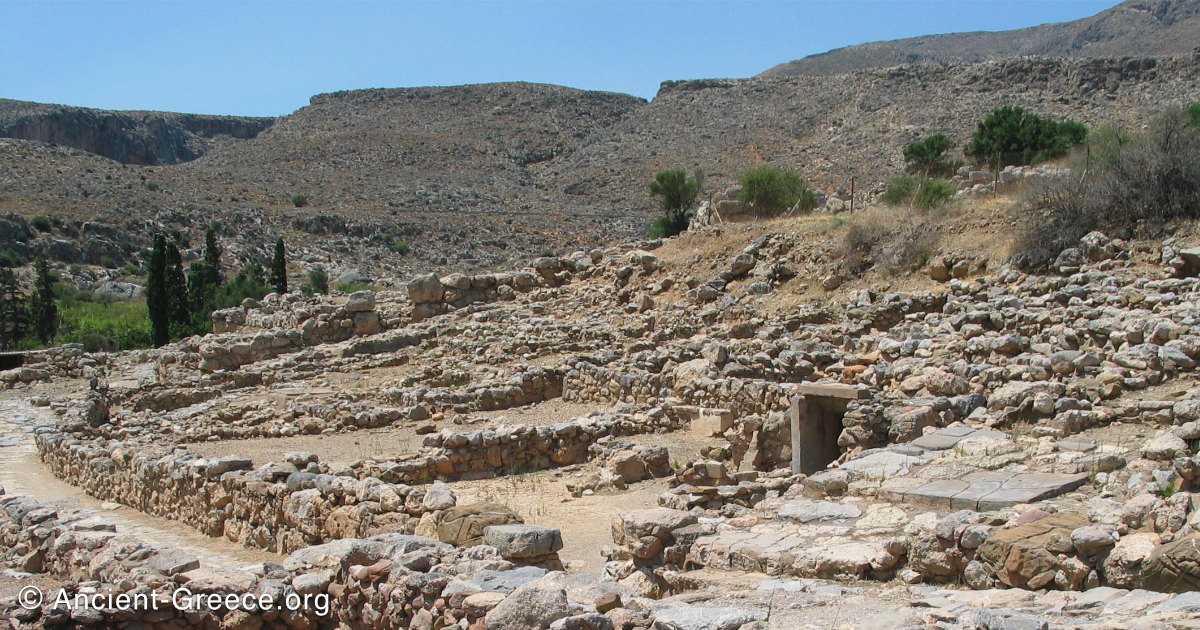
Zakros
Read more: ZakrosThe Minoan palace of Zakros (Ζάρκος, also known as Zakro, or Kato Zakros) is located on the east coast of Crete, in the slopes of a rugged hill near a sheltered harbor suitable to accommodating a large fleet…
-
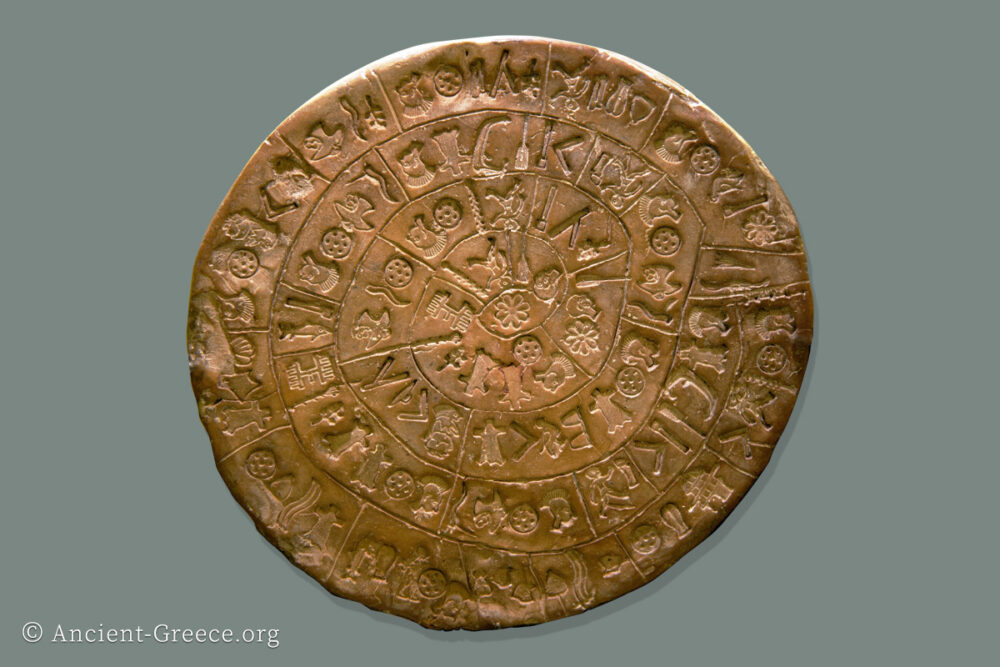
Minoan Culture
Read more: Minoan CultureLanguage The Phaistos Disk is the earliest, and only script of its kind we have from the Minoans. It is dated to 1700 BCE and resembles Egyptian hieroglyphs. Around the same time, or soon after, a syllable based script…
